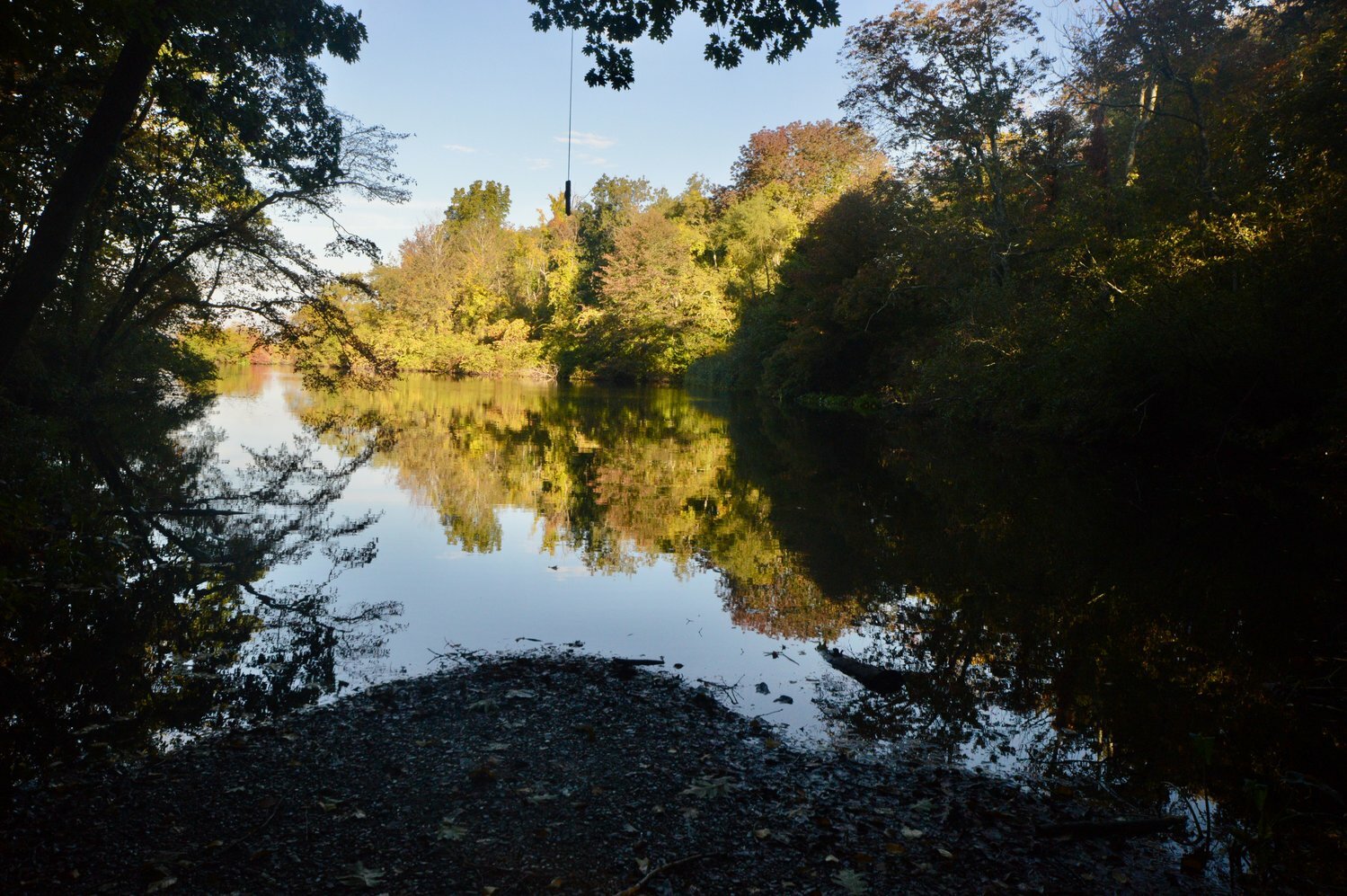State: Avoid contact with Lower Melville Pond, Portsmouth
Blue-green algae blooms cited
PORTSMOUTH — The R.I. Department of Health (RIDOH) and the R.I. Department of Environmental Management (DEM) are advising people to avoid contact with Lower Melville Pond due to blue-green …
This item is available in full to subscribers.
Please log in to continue |
Register to post eventsIf you'd like to post an event to our calendar, you can create a free account by clicking here. Note that free accounts do not have access to our subscriber-only content. |
Day pass subscribers
Are you a day pass subscriber who needs to log in? Click here to continue.
State: Avoid contact with Lower Melville Pond, Portsmouth
Blue-green algae blooms cited
PORTSMOUTH — The R.I. Department of Health (RIDOH) and the R.I. Department of Environmental Management (DEM) are advising people to avoid contact with Lower Melville Pond due to blue-green algae (or cyanobacteria) blooms.
A similar advisory the state issued July 11 regarding the upper pond, now known as Thurston Gray Pond, is still in effect.
Blue-green algae can produce toxins that can harm humans and animals. RIDOH’s State Health Laboratories detected high concentrations of cyanobacteria toxins in the water collected by DEM.
People should be careful not to ingest water or eat fish from the ponds. All recreation, including fishing, boating, and kayaking, should be avoided. Animals who may ingest pond water are especially at risk from exposure to the algal toxins, so owners should not allow pets to drink or swim in the water. The advisory will remain in effect until further notice.
Skin contact with water containing blue-green algae commonly causes irritation of the skin, nose, eyes, and/or throat. Common health effects associated with ingesting water containing algal toxins include stomachache, diarrhea, vomiting, and nausea. Rarer health effects include dizziness, headache, fever, liver damage, and nervous system damage.
Young children and pets are at a particular risk for health effects associated with algal toxins. People who have had contact with pond waters and experience those symptoms should contact their healthcare provider.
If you come into contact with the water, rinse your skin with clean water as soon as possible and, when you get home, take a shower and wash your clothes.
Similarly, if your pet comes into contact with the water, immediately wash your pet with clean water. Do not let the animal lick its fur. Call a veterinarian if your animal shows any symptoms of blue-green algae poisoning, including loss of energy, loss of appetite, vomiting, diarrhea, or any unexplained sickness that occurs within a day or so after being in contact with water. People are cautioned that toxins may persist in the water after the blue-green algae bloom is no longer visible.
Blue-green algae blooms may also be affecting other waterbodies in Rhode Island. People are advised to avoid contact with waterbodies that exhibit bright green coloration in the water or at the water's surface and/or dense floating algal mats that form on the water's surface. The water may look like green paint, thick pea soup, or green cottage cheese.
For more information and a list of current and historical advisories, visit www.dem.ri.gov/bluegreen. Please send reports of suspected blue-green algae blooms, along with photographs, if possible, to DEM.OWRCyano@dem.ri.gov.






